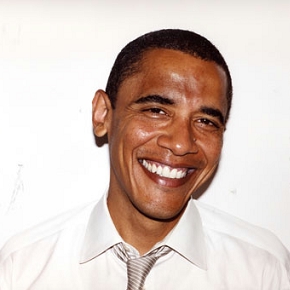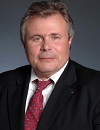 |
||
|
Medvedev signs nuclear power deal with Vietnam RIA Novosti, PUBLISHED October 31, 2010 The construction of Vietnam's first nuclear power plant will strengthen the country's positions as a strong, independent and modern state, Russian President Dmitry Medvedev said on Sunday following the signing of a nuclear power deal between the two countries. Other news: Arctic expedition diary, blog one We're setting out tomorrow around 11 a.m. after a visit by Sergei Ivanov and possibly a news conference. Iran set to load fuel in Bushehr nuclear reactor Iran will start injecting fuel into the core of its first nuclear reactor at the Bushehr nuclear power plant on Tuesday. China signed Framework Agreement with Belgium in MOX-fuel production GDF Suez subsidiary takes part in the deal. |
Hero of the day 
Obama nuclear summit: A minor success Further proof of this fact was provided by Obama Nuclear Security Summit held in Washington on April 12-13. However, this goal is unlikely to be achieved in four years. INTERVIEW
Christophe Behar OPINION
Vladimir Rychin |

